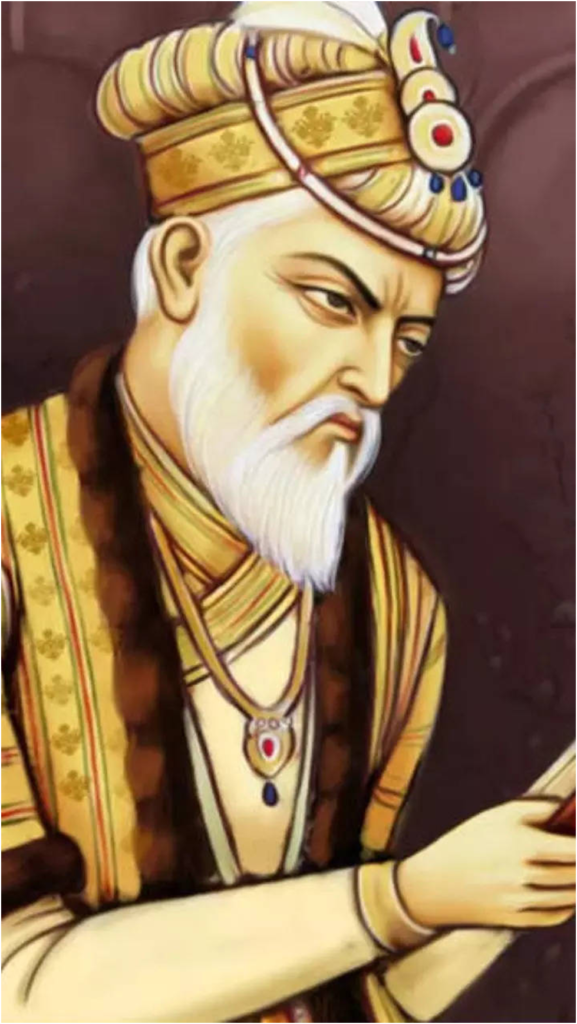
Aurangzeb’s Deccan policy which caused the destruction of the best soldiers and undermined the Mughal prestige beyond repair, contributed materially to the decline of Mughal Empire .
The Deccan policy of Aurangzeb was motivated by the policy of containing the growing influence of the Marathas, the rebellious attitude of the Shia kingdoms of Deccan like Golkonda and Bijapur and to curtail the rebellious activities of his son Akbar who had taken refuge in the Deccan. Aurangzeb came to the Deccan in 1682 and remained in the Deccan till his death in 1707.

He destroyed the Shia Kingdoms of Bijapur and Golconda and waged a long, endless war for extermination against the Marathas. This obliged the hardy Marathas to fight in self-defence and when success came to them they were encouraged to take up the offensive, cross the Narmada and invade the Mughal provinces in Northern India.
The Hindus in Northern India were already alienated by Aurangzeb’s policy of religious persecution and the Hindu officers and vassals of the empire were either indifferent or secretly hostile to the mughal cause. This created opportunity for the Marathas.
The Marathas appealed to the common sentiments of Rajput and of the Hindus who secretly allied themselves with Bajirao when the latter boldly proceeded to execute his policy of striking at the withering trunk of the Mughal Empire in the belief that after the fall of that Empire the independent provincial Muslim dynasty would fall of them.
Thus, within thirty one years of Aurangzeb’s death, his successor had to wage war with the sikhs, Jats, Bundelas, Rathores, kachhwahas and Sisodias and no Hindu tribe of military value was left on their side.
Aurangzeb’s focus on the Deccan campaigns diverted attention from other parts of the empire, leading to the neglect of governance in regions like Bengal and Punjab. The Emperor’s long absence from Northern India lead too many provincial governors becoming independent, with some regions even turning turbulent.
Aurangzeb’s prolonged military campaigns in the Deccan significantly drained the empire’s resources. The cost of maintaining a large army and administering the newly acquired territories put a strain on the Mughal treasury.
The long Deccan wars of Aurangzeb, thus, contributed to the decline of the Mughal Empire.
External link: https://content.patnawomenscollege.in/History/Deccan%20policy%20of%20Aurangzeb.pdf
